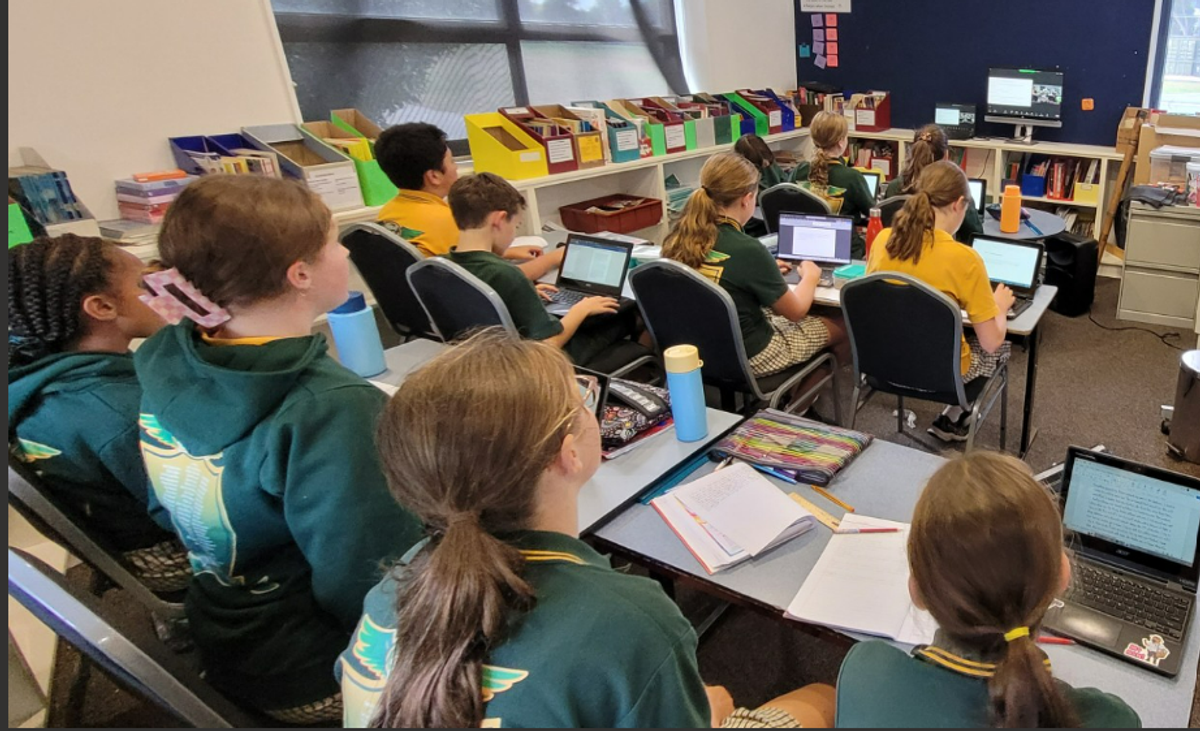Teaching and Learning
By Trudy Gau

Teaching and Learning
By Trudy Gau
Student Learning Experiences
Welcome back - the last two weeks have seen our students undertake a number of assessments. One of the purpose of these assessments is to collect data that will go towards their Semester One reports.
However, the main reason we do assessments is to identify key concepts and skills that our students know and what their next steps will be. We call this formative assessment as the key purpose is to inform us, the teachers. We look closely at this data, identify patterns and use it to inform future planning and teaching.
Virtual Writing Workshops
Once again, we have been lucky to have had some of our students take part in a virtual writing workshop.
On Monday, we had some of our senior students participate in a session with Susanne Gervay, who is an author who is driven by the rights of children and families, partnering them in good times and bad and writing for inclusion and respect for each other. She received the Lifetime Literature Award for her body of works, by the International Literacy Association. If you are interested to have a look at some of her books, visit her website here: https://sgervay.com/


Our second workshop this week was on Thursday when some L3, L4 and L6 students got to enjoy a virtual writing workshop with Jacqueline Harvey. She is now one of Australia’s most popular authors, having sold over two million copies of her Alice-Miranda, Clementine Rose, Kensy and Max and Willa and Woof series around the world. Feel free to explore some of her books, here: https://jacquelineharvey.com.au/


Professional Learning Community
This term we are continuing to focus on developing our students' fluency skills. Fluency can be defined as a person's ability to read at a high level of accuracy (95%), use suitable expression and read at an appropriate rate.
Research has shown that students who read with fluency will develop a deep comprehension of what has been read and an increase in motivation to read.
Some strategies to increase reading fluency that you can do at home: